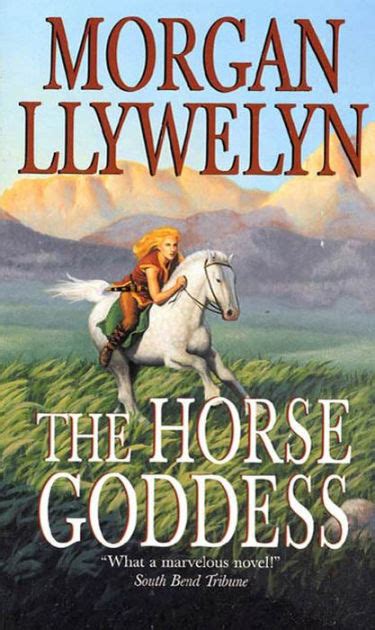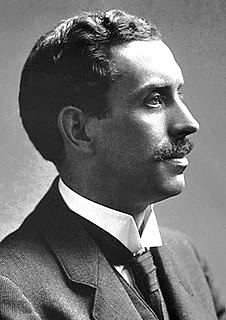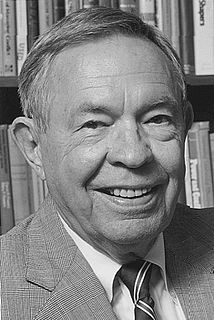A Quote by Jane Austen
There is something in the eloquence of the pulpit, when it is really eloquence, which is entitled to the highest praise and honour. The preacher who can touch and affect such an heterogeneous mass of hearers, on subjects limited, and long worn thread-bare in all common hands; who can say any thing new or striking, any thing that rouses the attention, without offending the taste, or wearing out the feelings of his hearers, is a man whom one could not (in his public capacity) honour enough.
Related Quotes
He that writes may be considered as a kind of general challenger, whom every one has a right to attack; since he quits the common rank of life, steps forward beyond the lists, and offers his merit to the public judgement. To commence author is to claim praise, and no man can justly aspire to honour, but at the hazard of disgrace.
Cuvier had even in his address & manner the character of a superior Man, much general power & eloquence in conversation & great variety of information on scientific as well as popular subjects. I should say of him that he is the most distinguished man of talents I have ever known on the continent: but I doubt if He be entitled to the appellation of a Man of Genius.
Jesus no doubt fits his teaching into the late-Jewish messianic dogma. But he does not think dogmatically. He formulates no doctrine. He is far from judging any man's belief by reference to any standard of dogmatic correctness. Nowhere does he demand of his hearers that they shall sacrifice thinking to believing.
I have seen quite a few folk whom I know to be both fair minded and, as it happens,[Bob] Dylan fans, take up cudgels for this position. To them, it's not necessarily that Dylan doesn't merit the highest honour. It's that he doesn't merit this specific highest honour [Nobel prize], in the way a champion pole vaulter shouldn't be given a medal for the long jump. It is in this group that the Wahey!s are mainly to be found, firing off jests, or mock solemnly reciting Dylan's sillier lyrics as if these are entirely representative of his oeuvre.
As in the presence of the Master, the Servants are equall, and without any honour at all; So are the Subjects, in the presence of the Soveraign. And though they shine some more, some lesse, when they are out of his sight; yet in his presence, they shine no more than the Starres in presence of the Sun.
True honour is an attachment to honest and beneficent principles, and a good reputation; and prompts a man to do good to others, and indeed to all men, at his own cost, pains, or peril. False honour is a pretence to this character, but does things that destroy it: And the abuse of honour is called honour, by those who from that good word borrow credit to act basely, rashly, or foolishly.






































